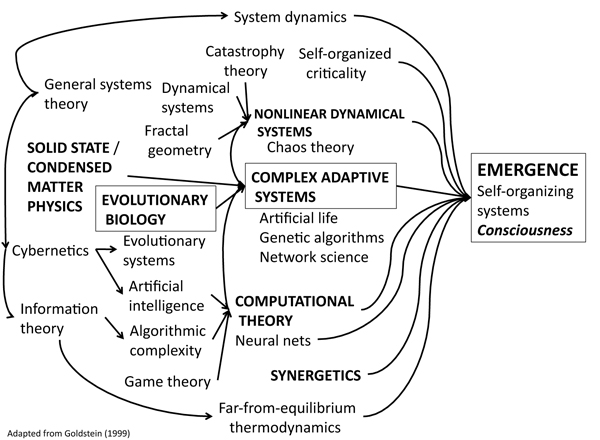Daylight63
Verified User
In The co-evolution of human intersubjectivity, morality and language, Zlatev argues:
"Mainstream evolutionary models, based only on individual-level and gene-level selection, are argued to be incapable to account for such sharing of care, values and information, thus implying the need to evoke multi-level selection, including (cultural) group selection. "
Maybe this answers some of Cypress' questions about why, at the individual gene level, morality doesn't express (selfish genes), but it dovetails nicely into the rise of cooperative foraging and hunting that we see happening with H. heidelbergensis as mentioned in the previous post.
There appear to be three complimentary theories about the rise of this common intention type of activity. Rising from parenting modes as well as changes in communication styles.
Either way the key is that scientists are seeking to find the REAL origins of morality from our evolutionary past. Because it makes sense that "morality" would be little more than a codification of in-built actions that would serve to provide survival advantages for the members of the group. And then there's also "social selection" in which groups act as a "filter" to select those members that are most prone to cooperative behavior.
"Mainstream evolutionary models, based only on individual-level and gene-level selection, are argued to be incapable to account for such sharing of care, values and information, thus implying the need to evoke multi-level selection, including (cultural) group selection. "
Maybe this answers some of Cypress' questions about why, at the individual gene level, morality doesn't express (selfish genes), but it dovetails nicely into the rise of cooperative foraging and hunting that we see happening with H. heidelbergensis as mentioned in the previous post.
There appear to be three complimentary theories about the rise of this common intention type of activity. Rising from parenting modes as well as changes in communication styles.
Either way the key is that scientists are seeking to find the REAL origins of morality from our evolutionary past. Because it makes sense that "morality" would be little more than a codification of in-built actions that would serve to provide survival advantages for the members of the group. And then there's also "social selection" in which groups act as a "filter" to select those members that are most prone to cooperative behavior.

